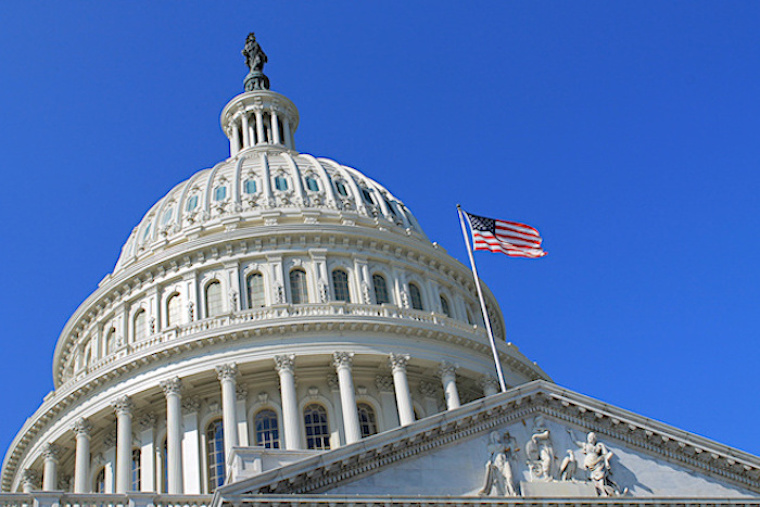
(GA Recorder) — Judy Burns of North Georgia is an administrator for a Facebook group with more than 20,000 members and a goal of helping Georgians find COVID-19 vaccines.
Burns estimates she’s helped well over a thousand Georgians schedule a vaccine appointment, and she’s happy to report that’s gotten significantly easier since the vaccine first started to arrive in Georgia in December.
“Several months ago, we would have to see how far people were willing to travel and how long they were willing to wait, and now we can pretty much give them a ‘where do you live? Here are three choices within miles of your home,’” Burns said.
After months of sometimes heated back-and-forth over who should be eligible, in which some traveled across state lines to get vaccinated, the state’s eight mass vaccine sites are set to close May 21 following a lack of demand.
“As supply and availability of the COVID-19 vaccines has dramatically increased across the state, far more Georgians are now able to easily access the vaccine at their local pharmacy, grocery store, or doctor’s office,” said Georgia Emergency Management Agency Director Chris Stallings. “With over 300,000 doses administered at the state sites over the last few months, our highly successful state-operated sites have experienced a notable decrease in demand over the last two weeks.”
After Friday, the sites will continue to provide second doses of the Pfizer vaccine as well as the one-dose Johnson & Johnson vaccine.
The announcement comes just over a month after Gov. Brian Kemp announced all Georgians 16 and older would become eligible. Georgians can still be vaccinated at local public health sites or privately run pharmacies and other providers after the state-run sites shut down.
Stallings’ 300,000 figure means the mass sites have accounted for about 5% of the more than 5.8 million doses administered in Georgia.
Demand has varied across the sites, with Atlanta’s Delta Flight Museum distributing the most shots — 92,382 doses as of last week — and the Sandersville Word of Life Church providing the least with 3,054. Another site in Albany closed on March 22 after distributing fewer than 4,000 vaccine doses.
Burns was not surprised to hear the state-run sites will be phasing out.
“They were very much designed for the motivated people to travel to them to get as many people covered as quickly as possible, so I expected that to happen,” she said. “I think now we’ve shifted to where before people were willing to travel to get the vaccine, now more and more, because of work schedules and other things, people want the vaccine to come to them.”
Experts say the next phase of Georgia’s vaccination plan will revolve around getting shots into the arms of Georgians who have been unable to be vaccinated so far.
“The low hanging fruit really was the people that could make it to a mass vaccination site,” said Dr. Amber Schmidtke, a public health microbiologist. “So the next tier of people are those who are interested in getting vaccinated, but for whatever reason could not be well-served by a mass vaccination site.”
That includes people who do not have access to transportation to a vaccine site and those whose schedules kept them from making an appointment, said Georgia State University public health professor, Dr. Harry J. Heiman.
“One of the advantages of the mass vaccination sites was that they offered access to the vaccine after hours and on weekends, so it’s going to be critical, not only that community-based providers do that, but that we think about increasing engagement with community-based organizations, faith-based organizations, and others to improve that access.”
Schmidtke would like to see Georgia’s next phase of vaccinations include more mobile vaccine clinics partnering with local churches, schools, and doctors’ offices to make it more convenient for busy Georgians outside urban centers to become immunized.
“And then, of course, we need to start having those conversations with those who are most hesitant, but I see that as more of a long-term challenge to deal with,” she said. “Right now, there’s still plenty of people that we can vaccinate who are willing; they just need us to meet them where they are.”
Georgia has improved its share of vaccinated residents compared to other states over the past weeks, but it still lags behind much of the country. Where it was once last in the nation, Georgia has risen to 44th in the percentage of people who have gotten at least one shot — 34% — and 48th in the proportion of residents fully vaccinated with 24%, according to Atlanta’s Centers for Disease Control and Prevention data compiled by the New York Times.
Georgia also ranked No. 7 in states for vaccine hesitancy in a Morning Consult poll released last week, in which 27% of adults said they do not plan on being vaccinated.
Convincing those Georgians that the vaccines are safe and effective will be a big but important job, Heiman said. The state will need to approach that part of the effort with understanding, he added.
“People who are hesitant to get the vaccine or have concerns, rather than blaming them for that hesitancy, let’s identify what the concerns are, and let’s address it in a way that they can hear,” he said. “That doesn’t always mean public health or medical professionals giving them information; it means working with trusted partners in the community.”
In a statement, Gov. Brian Kemp and Georgia Public Health Commissioner Dr. Kathleen Toomey pledged to do that.
“As the vaccine becomes available to more Georgians in their local communities, it is now the state’s job to work closely with local providers, private partners, public health districts, and trusted community leaders to encourage more Georgians to get vaccinated,” Kemp said. “These highly effective vaccines are our ticket back to normal, and the state stands ready to assist in getting more shots in arms moving forward.”
Tuesday, the CDC said fully vaccinated Americans no longer need to wear masks outside in uncrowded areas, another step toward normalcy for people who are immunized.
As of Tuesday afternoon, there were nearly 877,000 cases of COVID-19 in Georgia, and more than 17,000 Georgians have died.







